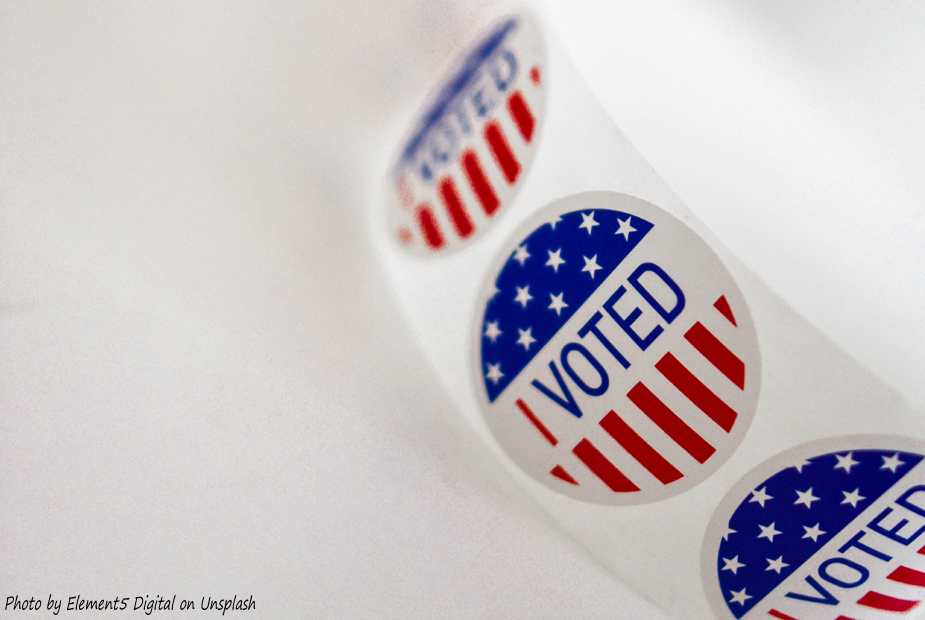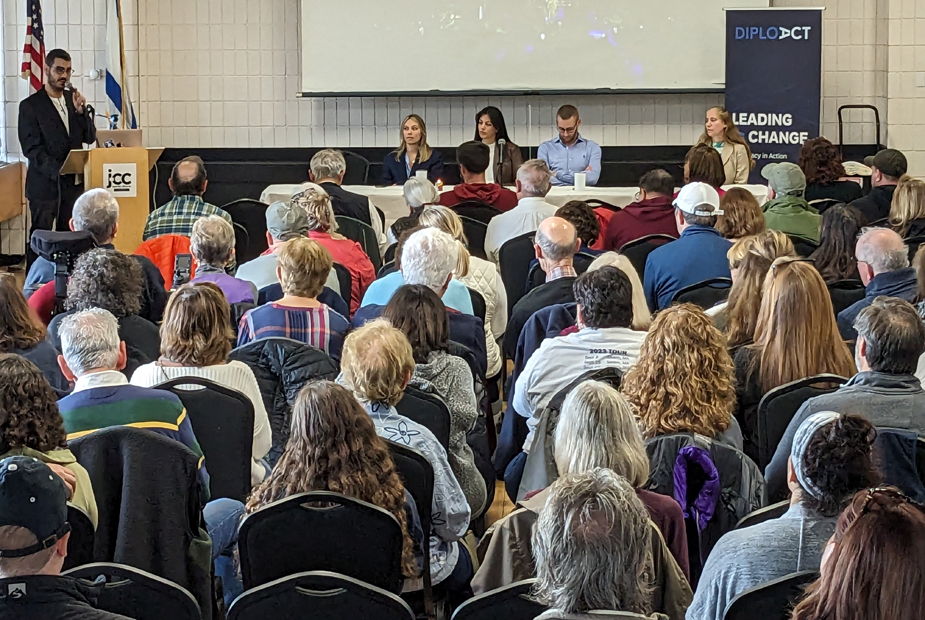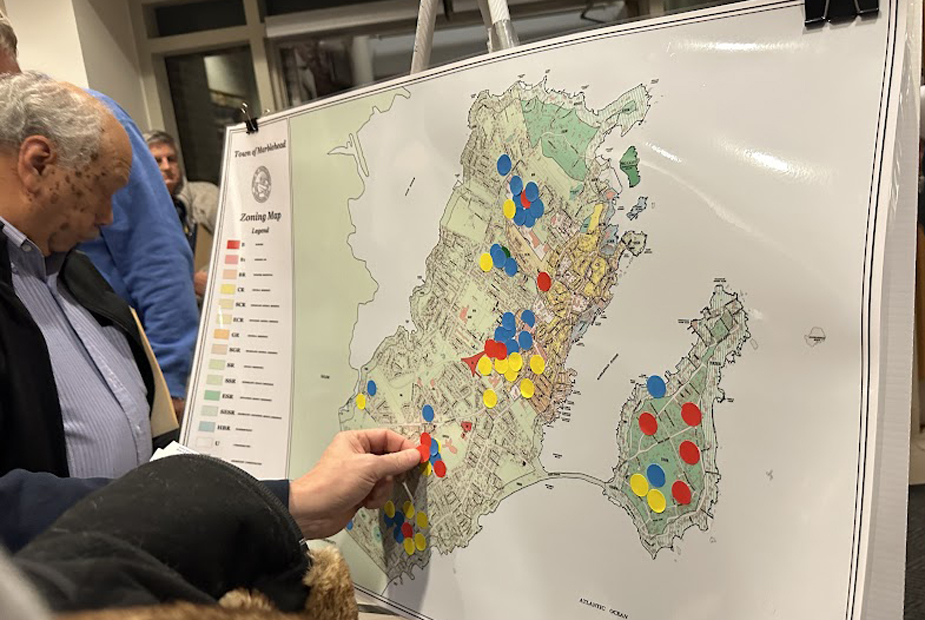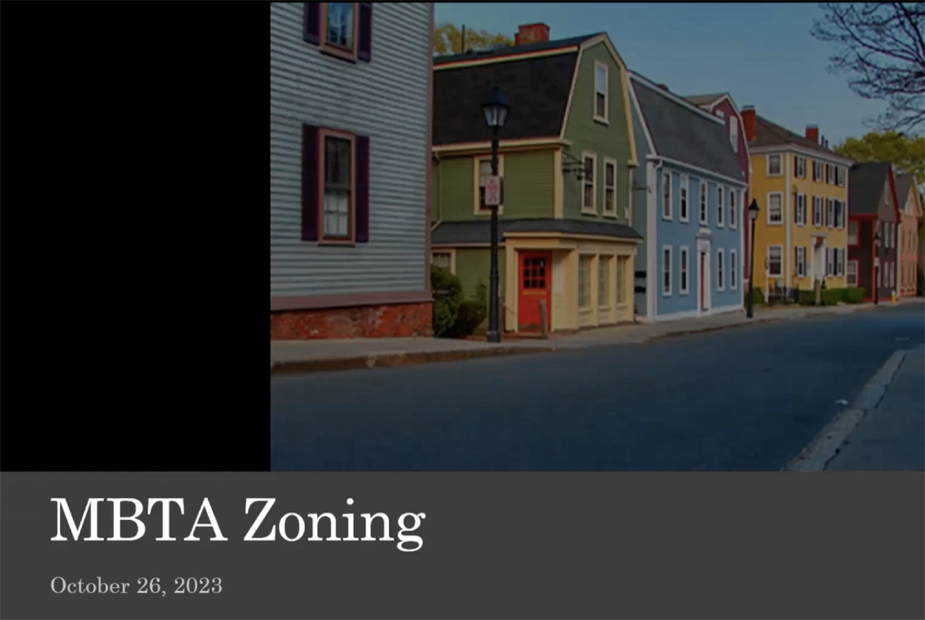Should You Consider Bullet Voting?
Today – Tuesday, June 20th – Marblehead residents will cast their votes for more than a dozen different boards and committees, many of which have more than one seat open. The Select Board, for example, has five open seats this year, as does the Recreation and Parks Commission, and the School Committee has two. Voters may, of course, choose candidates for as many seats as are available, but they don’t have to. Choosing to vote for only one candidate – and forfeiting the other vote or votes – is known as single-shot or bullet voting, and it is a valid strategy in an election in which a voter strongly favors only one candidate. Although not technically accurate based on the terminology, it is also often referred to as a “bullet vote” when several votes are cast in a single race as long as it isn’t the full number available. For example, if five seats are open, a voter could select only two candidates, or three, or four.
Bullet voting is often a powerful option. It not only allows voters to concentrate their votes on candidates they feel truly represent their values, but it does so without diluting their choices. In other words, not only does the selected candidate get an additional vote, but the non-selected candidates all lose one. Bullet voting thereby prevents voters from any need to compromise and forces candidates to work even harder, because coming in as a second choice is no longer a viable option.
How will this come into play in Marblehead? Each individual board or committee listed on Tuesday’s ballot will include explanatory text that reads “vote for not more than ______,” with the blank indicating the number of seats available in the given race. Bullet voting could theoretically come into play in just three of these races: Select Board – with six candidates for five spots, Recreation and Parks Commission – also with six candidates for five spots, and School Committee – with four candidates for two spots.
Bullet voting gives Marbleheaders the option, if they so choose, of only selecting candidates who truly represent their beliefs and goals and leaving some of those available slots blank.









